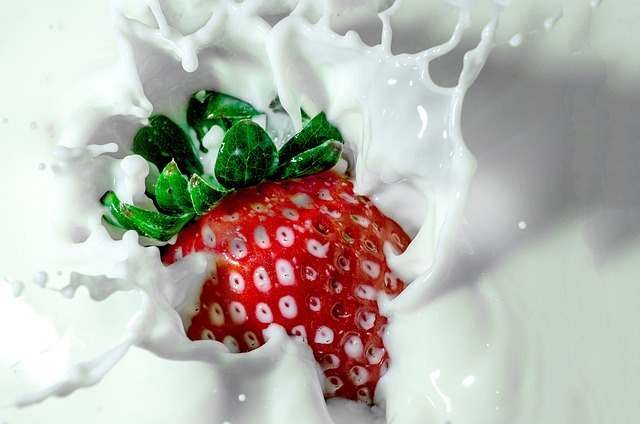The Probiotics Revolution: How Beneficial Bacteria Can Transform Your Health
Probiotics have risen in popularity in recent years, with many people incorporating them into their daily routine. These live microorganisms, often referred to as “good bacteria,” are known to provide numerous health benefits when consumed regularly. In this article, we will explore the incredible potential of probiotics and how they can revolutionize your health.
What Are Probiotics?
Probiotics are live bacteria and yeasts that are beneficial for our health, particularly our digestive system. While bacteria are commonly associated with diseases, certain types of bacteria are essential for maintaining a healthy balance in our bodies. These friendly bacteria help break down food, absorb nutrients, and fight off harmful microorganisms.
The Gut-Brain Connection
Did you know that our gut is often referred to as our “second brain”? Our digestive system and brain are intricately connected, forming what is known as the gut-brain axis. The balance of bacteria in our gut plays a crucial role in this connection. Studies have shown that imbalances in gut bacteria can have a significant impact on our mental health, leading to conditions such as anxiety and depression.
Benefits of Probiotics
1. Improved Digestive Health: Probiotics help maintain a healthy balance of bacteria in our gut, aiding digestion and preventing common digestive disorders such as constipation, diarrhea, and irritable bowel syndrome (IBS).
2. Enhanced Immune Function: The majority of our immune system resides in our gut. Probiotics stimulate the production of antibodies and strengthen our immune response, reducing the risk of infections and autoimmune diseases.
3. Mental Well-being: As mentioned earlier, a healthy gut contributes to better mental health. Probiotics have been linked to reduced symptoms of anxiety, depression, and stress.
4. Weight Management: Certain strains of probiotics have been shown to assist in weight loss and prevent obesity. They can increase the feeling of fullness, reduce calorie absorption, and regulate fat storage.
5. Skin Health: Probiotics can benefit our skin by reducing inflammation, promoting wound healing, and alleviating skin conditions such as acne, eczema, and rosacea.
Sources of Probiotics
Probiotics can be obtained through both food and supplements. Some common sources of probiotics include:
- Yogurt: Look for yogurt labeled with live and active cultures, such as Lactobacillus and Bifidobacterium.
- Kefir: A fermented milk product that contains a variety of beneficial bacteria and yeast.
- Sauerkraut: Fermented cabbage that provides a good source of probiotics. Ensure it is unpasteurized for maximum benefits.
- Miso: A traditional Japanese seasoning made from fermented soybeans, barley, or rice. It is commonly used in soups and marinades.
- Kimchi: A Korean side dish made from fermented vegetables, including cabbage and radishes.
- Supplements: Probiotic supplements are widely available and offer a convenient way to ensure an adequate intake of beneficial bacteria.
Choosing the Right Probiotic
When selecting a probiotic supplement, it’s important to consider a few factors:
- Strain Diversity: Look for a supplement that contains a variety of strains to support the overall balance of your gut microbiome.
- Colony-Forming Units (CFUs): CFUs indicate the number of viable bacteria in the product. Higher CFU counts are not necessarily better, as different strains require different amounts to be effective.
- Survivability: Ensure the supplement is designed to survive the harsh acidic environment of the stomach and reach the intestines intact.
- Quality and Reputation: Choose a reputable brand with transparent labeling and proven effectiveness.
Integrating Probiotics into Your Diet
To reap the benefits of probiotics,







